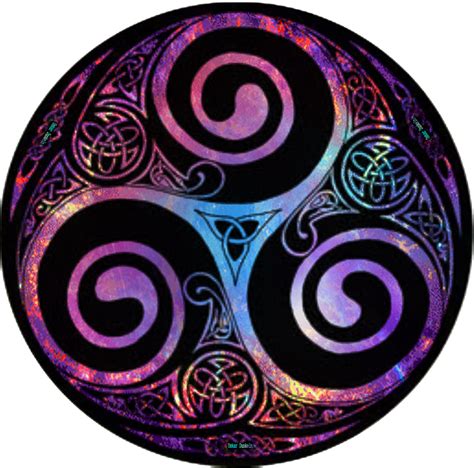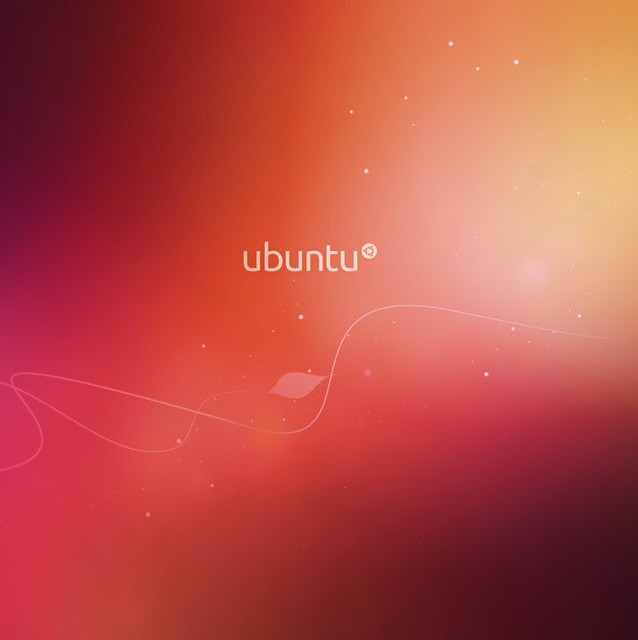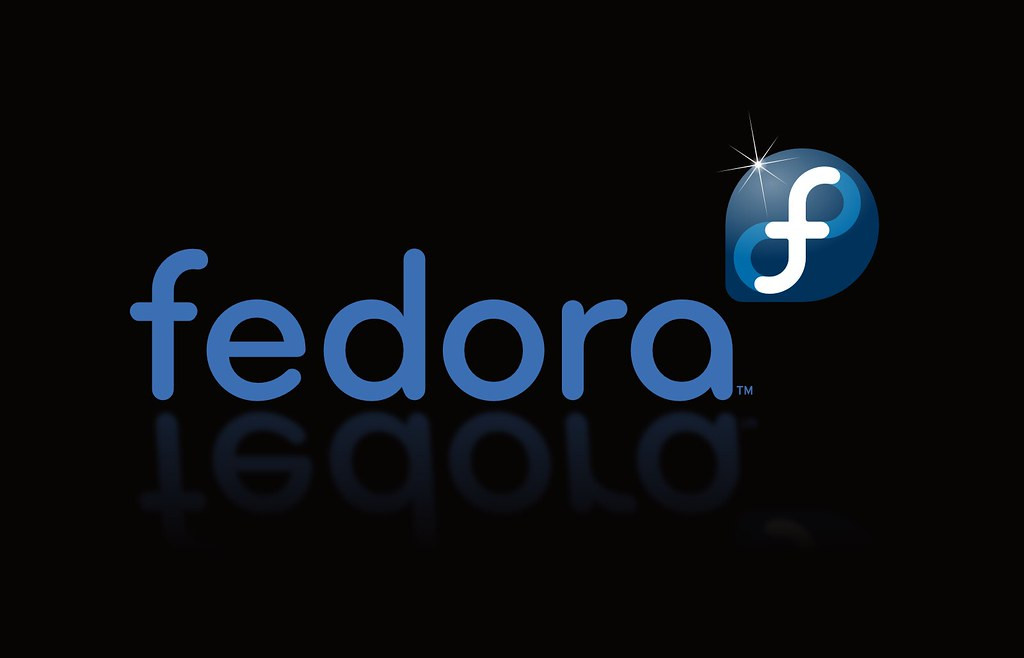Linux OS
A responsive and privacy aware operating system
What is Linux
Linux is a family of open source Unix-like operating systems based on the Linux kernel,
an operating system kernel first released on September 17, 1991, by Linus Torvalds.
Linux is typically packaged in a Linux distribution.
Order a PC Now

Linux is available free of charge.
A distribution is largely driven by its developer and user communities. Some vendors develop
and fund their distributions on a volunteer basis, Debian being a well-known example. Others
maintain a community version of their commercial distributions, as Red Hat does with Fedora, and
SUSE does with openSUSE.
The most important part of free software is the freedom of you and all users.
When most people think about free software, the first thought that usually comes to mind is price.
Although it is true that most free software is, in fact, free in price (gratis), that is not the
most important part of the essence of free software.
What is Free Software?
A program is free software if the user has the following freedoms:
- (Freedom 0) The freedom to run the program as you wish, for any purpose.
- (Freedom 1) The freedom to study how the program works, and change it so it does your computing as you wish.
- (Freedom 2) The freedom to redistribute copies so you can help your neighbor.
- (Freedom 3)The freedom to distribute copies of your modified versions to others.
If these four freedoms are not given to the user, then the program is considered non-free (proprietary).
Linux is in everything
From smartphones to cars, supercomputers and home appliances, home desktops to enterprise servers, the Linux
operating system is everywhere. Linux has been around since the mid-1990s and has since reached a user-base that
spans the globe. Linux is actually everywhere: It's in your phones, your thermostats, in your cars, refrigerators,
Roku devices, and televisions.
Order a PC Now
Distributions
A Linux Distribution (sometimes abbreviated to "Distro") is an operating system based on the Linux Kernel. A Linux PC
normally uses a distribution as its operating system so in order to get a Linux PC you need to know the distribution
suits your needs.
An operating system is the system software. You can think of it as the brain of the computer.
Just as your brain manages your energy intake, how you perform your daily tasks and how you organize
your time, the operating system manages the computer hardware, system resources and provides services for
applications (apps).
The kernel is at the core of the operating system and has complete control over everything. The kernel is at the
heart of the operating system controlling hardware resources (e.g. Keyboard, mouse/touch-pad, hard disk drive,
memory, etc) via device drivers, arbitrates conflicts between processes concerning such resources, and optimizes
the utilization of common resources e.g. CPU & cache usage, file systems, and network sockets.
To sum up the kernel is part of the operating system and the distribution is the Operating System.
There are almost one thousand Linux distributions but we will focus on 6 main ones:
Trisquel
Trisquel comes ready for home and office use, and new programs are easy to find and install.
Trisquel supports freedom, accessibility, and education. The users may, with any part of Trisquel, or
even all of it:
- Run
- Audit / Study / Modify
- Copy / Distribute
- Distribute modified versions
These freedoms are prerequisites for users' liberty, privacy, and market freedom

Trisquel GNU/Linux is a fully free operating system for home users, small enterprises and educational centers.
When most people think about free software, the first thought that usually comes to mind is price. Although it is
true that most free software is, in fact, free in price (gratis), that is not the most important part of the essence
of free software.
Trisquel GNU/Linux is 100% libre Linux distribution.
Its main purpose is to provide an operating system for varied audience, including home and office users, educational
institutions, multimedia workstations, etc. The project is managed by independent developers and is partially funded
by donations.
Order a Trisquel PC
Debian
Debian GNU/Linux, is a Linux distribution composed of free and open-source software, developed by
the community-supported Debian Project.
Debian is a free operating system (OS) for your computer. It provides more than a pure OS: it
comes with over 60,000 packages, pre-compiled software bundled up in a nice format for your machine.
The first version of Debian (0.01) was released on September 15, 1993, and its first stable version
(1.1) was released on June 17, 1996. To give you an idea of how far back that was, Apple was still
a sinking company with no real technology in the mainstream market, the first Palm Pilot was released,
which revolutionized the mobile devices industry, and the internet did not even exist in many countries.

Debian is, without a doubt, The Universal Operating System
Debian is one of the most popular Linux distributions, and many other distributions have been created
from the Debian codebase. As of 2018, DistroWatch lists 141 active Debian derivatives. The cost of developing
all of the packages included in Debian 5.0 Lenny (323 million lines of code) has been estimated to be about
US$8 billion.
Debian is and will remain 100% free Linux distribution.
It provides the guidelines to determine if a work is free in the document entitled The Debian Free
Software Guidelines.There is a promise that the Debian system and all its components will be free according
to these guidelines. Its developers will never make the system require the use of a non-free component,
and they support people who create or use both free and non-free works on Debian.
Order a Debian PC
Ubuntu
Ubuntu is an open source software operating system that runs from the desktop, to the cloud, to all
your internet connected things. It is one of the most popular desktop Linux operating systems.
Ubuntu is developed by Canonical and a community of other developers, under a meritocratic governance
model. Canonical provides security updates and support for each Ubuntu release, starting from the release
date and until the release reaches its designated end-of-life (EOL) date. Canonical generates revenue
through the sale of premium services related to Ubuntu.

The term Ubuntu derives from South Africa
Ubuntu is named after the Nguni philosophy of ubuntu, and roughly translates to "humanity toward others
with a connotation of "I am what I am because of who we all are". The name is a nod to the Ubuntu project's
commitment to the principles of open-source software development.
For desktop computers, two versions of Ubuntu are available
The regular Ubuntu release provides up-to-date software and a recently developed Linux kernel, which
means you get better hardware support. Not only that, but you also get the latest versions of the applications
you use every day. Because the regular release refreshes quickly, you'll have the newest version of your favorite
programs.
The LTS version of Ubuntu is better for people who don't like to upgrade an operating system regularly. On LTS
systems, everything stays the same as long as possible. The system receives updates for security and bug fixes
only. You can download older LTS versions from the alternative downloads page if that's your preference.
Ubuntu aims to be secure by default
Most network ports are closed by default to prevent hacking. A built-in firewall allows end-users who
install network servers to control access. Ubuntu also supports full disk encryption[60] as well as encryption
of the home and Private directories.
Order an Ubuntu PC
Mint
Linux Mint is a community-driven Linux distribution based on Ubuntu or Debian.
Linux Mint is user friendly and works straight out of the box.
Linux Mint comes bundled with a variety of free and open-source applications and can provide
full out-of-the-box multimedia support for those who choose to include some proprietary software,
such as multimedia codecs.
The project is being actively developed by the Linux Mint Team and community.

Linux Mint is a close relative of Ubuntu
Linux Mint was based on Ubuntu using its package repositories and using it as a codebase.
From there, Linux Mint followed its own codebase, building each release from its previous one,
but continued to use the package repositories from the latest Ubuntu release. This resulted in
making the base between the two systems almost identical, guaranteeing full compatibility between
the two distributions rather than having Mint become a fork.
Linux Mint has multiple editions that are based on Ubuntu, but also has an edition based on Debian.
As of Linux Mint 13, there are two main editions of Linux Mint developed by the core development team and
using Ubuntu as a base. One includes Linux Mint's own Cinnamon as the desktop environment while the other uses MATE.
Linux Mint also develops an additional version that features the Xfce desktop environment by default but has
generally had secondary priority and is usually released somewhat later than the two main editions.
Linux Mint is user friendly
Linux Mint is a helpful first step to understanding Linux or as a simple free operating system.
The guides and tutorials cover nearly every element of the build and the active community is always willing to help.
Order a Mint PC
Fedora
Fedora is a Linux distribution developed by the community-supported Fedora Project which is sponsored primarily
by Red Hat
Fedora contains software distributed under various free and open-source licenses and aims to be on the
leading edge of free technologies. Fedora is the upstream source of the commercial Red Hat Enterprise
Linux distribution.

Fedora has a reputation for focusing on innovation
Fedora integrates new technologies early on and working closely with upstream Linux communities. Making changes
upstream instead of specifically for Fedora ensures that the changes are available to all Linux distributions. Each
version is usually supported for at least 13 months, where version X is supported only until 1 month after version
X+2 is released and with approximately 6 months between most versions. Fedora users can upgrade from version to
version without reinstalling.
Fedora has available a variety of software
Fedora comes preinstalled with a wide range of software such as LibreOffice and Firefox.
Additional software is available from the software repositories. Extra repositories can be added to
the system, so that software not available in Fedora can be installed easily. Software that is not available
via official Fedora repositories can be installed using third-party repositories. Popular third-party
repositories include RPM Fusion free and non-free repositories. Fedora also provides users with an easy-to-use
build system for creating their own repositories.
Fedora uses Security-Enhanced Linux by default
Fedora implements a variety of security policies, including mandatory access controls, which Fedora adopted early on.
Fedora provides a hardening wrapper, and does hardening for all of its packages by using compiler features such as
position-independent executable (PIE).
Order a Fedora PC
OpenSUSE
OpenSUSE, formerly SUSE Linux and SuSE Linux Professional, is a Linux distribution sponsored by SUSE
Software Solutions Germany GmbH and other companies.

OpenSUSE is the successor to SUSE Linux Professional.
OpenSUSE probably offers the best-looking Linux desktop OS around. It's also easy to use and well
organized, and it performs adequately. It certainly merits a chance from Windows die-hards.
OpenSUSE aims to release a new version every eight months.
Each major release is expected to be supported for at least 36 months, until the next major version
is available, aligned with SUSE Linux Enterprise Releases.
Each minor release is expected to be released annually, aligned with SUSE Linux Enterprise Service Packs,
and users are expected to upgrade to the latest minor release within 6 months of its availability, leading to
an expected support life cycle of 18 months as well.
OpenSUSE includes an installation and administration program called YaST
YaST handles hard disk partitioning, system setup, RPM package management, online updates, network and
firewall configuration, user administration and more in an integrated interface. In more recent times, many
more YaST modules have been added, including one for Bluetooth support.
It also controls all software applications.
Order a OpenSUSE PC






